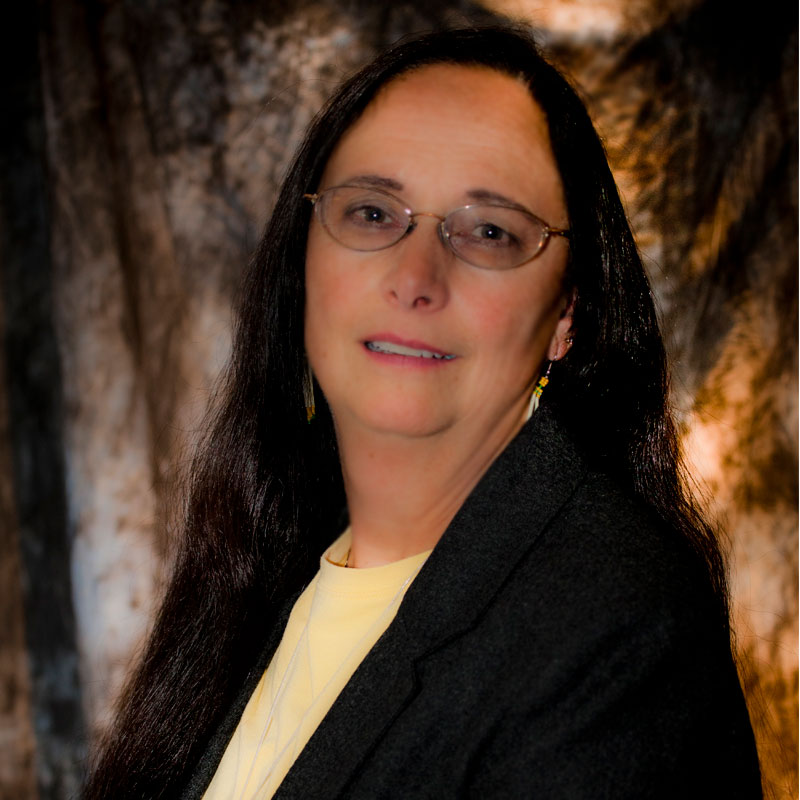Transitioning to College: Preparing Your Child & Yourself

Well, it is that time of the year when school counselors begin pushing scholarship applications, colleges are sending out acceptance letters, and seniors are getting ready to leave the nest. This is a difficult time for everyone, as the transition is new to the child, and some may or may not actually be ready to leave, although they usually will claim loudly that they are. And it may be new to parents also.
So what can you as a parent do to prepare your child? Usually January is the time when the financial aid centers begin to look at their monies for next year, so it is important to get your tax return filed as soon as possible. The Educational Planning Centers are available for consultation but even they need the figures to guide you.
School counselors are handing out scholarship applications to seniors; as a parent, ask your child about this. When I was teaching, on more than one occasion, the counselor handed the apps out in my class, and at a ballgame I would hear the parent complaining about lack of applications. Guess what? The senior had left my classroom and had thrown the application in the trash, then told the parent the counselor never gave them anything! So check with the counselor and the child often, as these apps have deadlines!
When my daughter was a senior, after the first of the year, we set aside 2 hours each Sunday to work on the applications. We made lists of references and she asked them; she wrote her bio essays, typed the applications, and had “sticky notes” all over, so we knew which ones still needed work and which ones had early deadlines. This is really a good way to spend time with your child, if you can let them direct the time rather than pushing them to do this! And it can help keep you organized and the child involved. It is the child who should be doing the work, so don’t let your senior guilt you into this part. But extra money will help your finances, too.
You also need to assess what skills your child may need while on his/her own, and then teach them or brush up on the ones they have let you do for them. Do they know how to cook more than popcorn, do their own laundry, clean, call and make appointments, take care of their cars, and of course balance a checkbook?
The financial piece gets many students in trouble that first year. Too much freedom, too much opportunity, and very little monitoring and accountability all lead to mega-debt on credit cards and kids buying things they can’t afford. So spend some time with your child discussing credit cards vs. debit cards, check book vs. cash, what is necessity, what is only a wish, what is needed immediately, what can wait. Talk about cash flow, expenses they will need to budget for, how much money you will be giving (if any!) to them, how much they will be expected to contribute, do they need a job, will they live in a dorm or apartment, etc.
If you haven’t yet, schedule a visit at several colleges and accompany your senior! Sure they won’t want to go with you, but they sometimes don’t know which questions to ask, as they will be more concerned with social aspects rather than financial. And this is a huge investment, so make sure the child heads to the right post-high school facility.
And how do you prepare your child for the emotional separation? You begin by preparing yourself first. This is a natural progression; children leave home and begin to become independent. That was the goal when they first began crawling; a large part of your job has been to prepare them to become good citizens, to accept their roles as adults.
So here they are and here you are! The last semester of their lives in the public school system….how have they done? How have you done? This might be a good time to test them: give them greater responsibilities to check their maturity level; give them a little more freedom and see how they handle it. And make sure they know that the privileges/freedoms are in direct proportion to how they handling extra responsibility. If they are still struggling with responsibility now, you may need to be a little more direct in that area. And if they are struggling with being responsible, you may need to consequence more. A mishap or consequence at this age will surely be less costly than one made when they are out on their own, supposedly adults. The price of mistakes goes up drastically when children become adults, so let them make some small ones now, suffer the consequences, and hopefully learn valuable lessons.
Check their values; where is the moral compass of your child? How do they feel about certain issues? Sure they may assure you that they will never drink and drive, but what role modeling have they had? What is their past experience? It is not too late to discus this with your child. They may have already decided that you know nothing (typical teen….. don’t engage in this argument. You will get smarter as they get older.) But they still need to hear your opinions. Not a lecture, though, as they will certainly not listen to that.
Kids who have had attachment issues in their past will have a more difficult time separating, and even children who are securely attached struggle during this 3rd separation stage. Reassure them as much as you can, prepare pictures to send with them, along with personal items that reinforce their security. It may be better to send a favorite quilt than purchase a new comforter, as the child will be reassured each time he/she crawls into bed. However know that whatever you send may never be seen again, or may never be clean again!
Enjoy the last few months and try to plan so not everything is due at the same time. With graduation approaching, write out a time-line so you don’t get stressed, as your child will be stressed enough! Relax with your child, make family time available, and work on your view of your child as an adult.
Tags: planning for a child leaving home, preparing for college, transition to collegeABOUT THE AUTHOR

Deb England
Licensed Independent Mental Health Practitioner
Licensed Professional Counselor
Advanced Clinical HypnoTherapist- Deb England began working part-time for Wholeness Healing Center in September 2004 and began full-time in May 2005. Deb practices primarily in the Broken Bow office and one day a week in the Grand Island office. Previously she had completed her practicum and internship at Morning Star Alliance, working in the Broken Bow and Grand Island offices.
LATEST ARTICLES BY Deb England
Subscribe today
Sign up to receive the latest mental health tips and inspiration